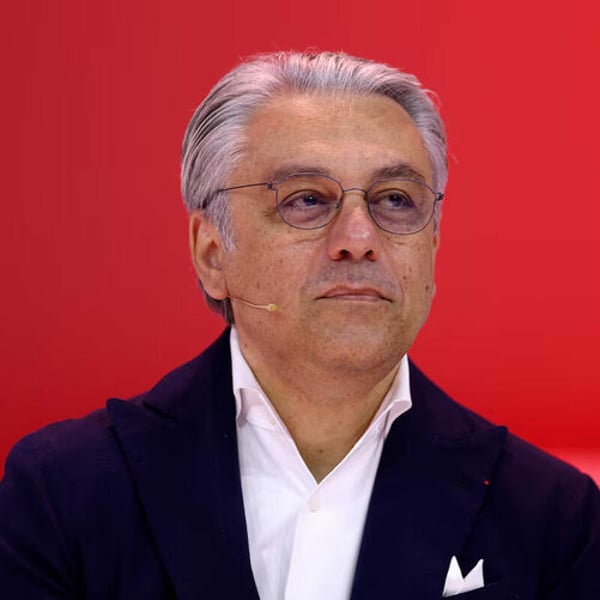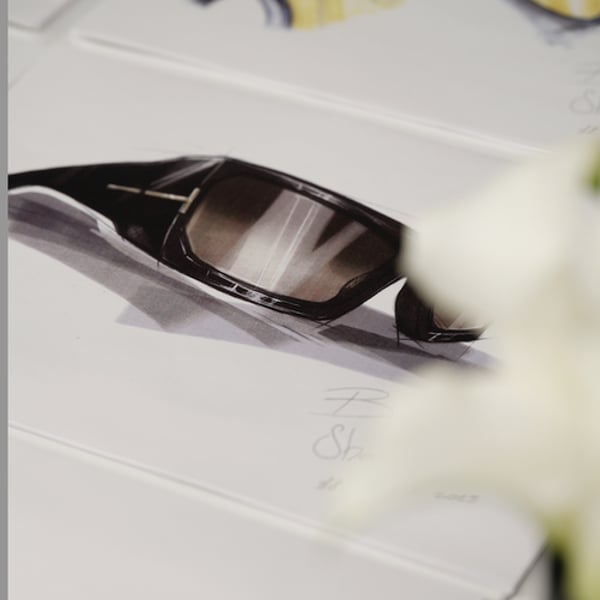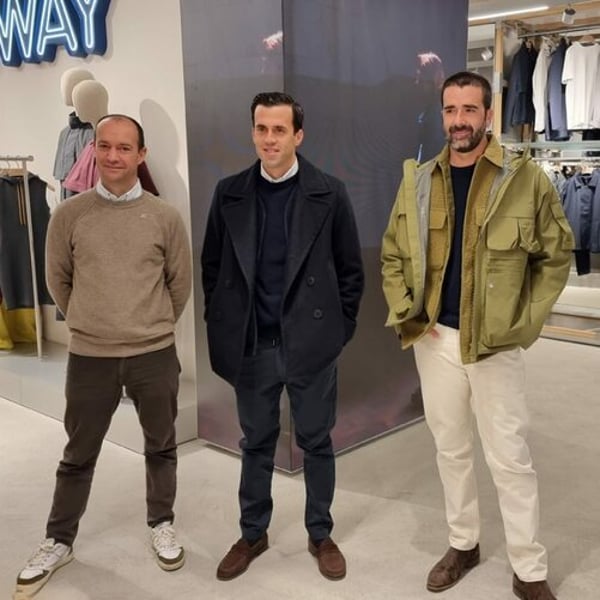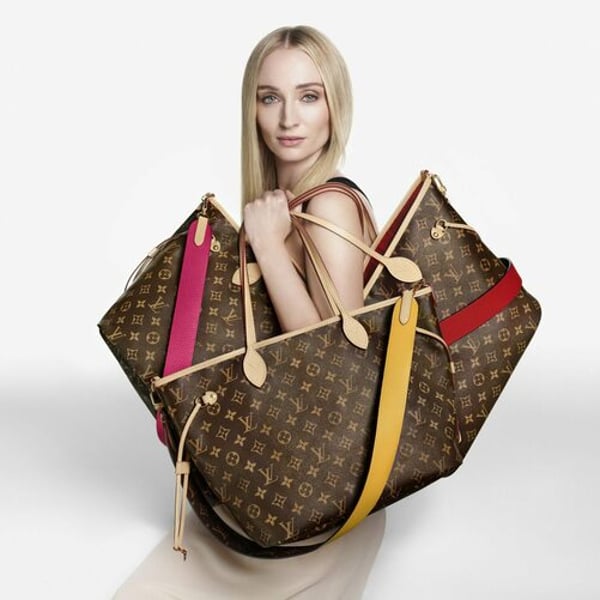By
Reuters
Published
June 16, 2025
Francois-Henri Pinault‘s decision to hire Renault boss Luca de Meo is an audacious but necessary move to address the twin challenge of sagging sales and mounting debt at luxury group Kering, investors and industry players say.

De Meo’s turnaround credentials were enhanced by his work at French carmaker Renault, but he has much to do if he is to replicate the successes of cross-sector heavyweights such as Robert Polet and Leena Nair.
Pinault, son of founder Francois and CEO of Paris-listed Kering since 2005, has struggled to contain a deepening rot at star brand Gucci while embarking on a shopping spree that has stretched the French conglomerate’s balance sheet and that of controlling family holding Artemis.
By stepping aside to let de Meo run a luxury sector giant, Pinault has acknowledged the urgent need to address Kering’s problems, including the 75% drop in its value since the summer of 2021, according to Reuters conversations with industry experts and investors.
“It’s a bold move … We now have a CEO (de Meo) who is a great professional,” said Ariane Hayate, European equity fund manager at Edmond de Rothschild.
“There’s now a real willingness by Francois-Henri Pinault to take a step back after years of underperformance.”
Kering confirmed in a statement on Monday it had picked de Meo as CEO and that he would start in his role in September. Pinault, who told analysts he had met de Meo only a few months earlier during the recruitment process, would retain the role of chairman.
“I will be fully involved in the strategic orientation of the group as chairman,” Pinault said. “But I won’t step in and short circuit the new CEO in terms of priorities or key appointments.”
Kering’s share price rose nearly 12%, its best daily performance since 2008.
The group’s swoop for de Meo also suggests that its problems are bigger than perceived from the outside and go beyond Gucci, said one large European investor on condition of anonymity in discussions relating to individual investments.
Despite his lack of experience in the luxury sector, de Meo does bring skills that can help Kering at this critical juncture, industry players say.
Having successfully managed a turnaround at Renault, he is likely to accelerate a Kering cost-cutting push that includes store closures, real estate sales and redundancies to reduce its more than 10 billion euros ($11.6 billion) of net debt, according to two industry players and one person who knows him.
De Meo will also need to address Kering’s planned acquisition of the 70% of fashion brand Valentino that it doesn’t already own. Kering bought 30% in 2023 for $1.9 billion and intends to buy the remainder in 2028.
The purchase from Qatari-backed luxury fund Mayhoola could cost a further 4 billion euros, Kering’s annual report said.
Options included in the original deal might force Kering to buy the other 70% as early as next May, company filings show, which could require partial payment in Kering shares, Kering finance chief Armelle Poulou said in April.
“Coming from outside the industry, de Meo’s learning curve is going to be super steep, but at the negotiating table he could do well,” said one person familiar with Valentino, declining to be named owing to the sensitivity of the matter.
Mayhoola, which does not have a press office, did not respond to a request for comment sent to its corporate email address.
A person close to the fund described de Meo’s expected arrival at Kering as good news.
De Meo’s most pressing challenge, however, is Gucci.
The Italian label has struggled since star designer Alessandro Michele left in late 2022 and the company’s recent appointment of creative director Demna from Balenciaga disappointed investors.
Coming with three decades of automaking experience, de Meo may initially focus on costs, said a Kering adviser who declined to be named, while luxury sector adviser Mario Ortelli said it could be difficult for de Meo to come from a different industry and give an opinion on a creative designer.
But the aforementioned cross-sector successes of Polet, Nair, Vigna and Marchionne offer hope for de Meo.
Polet, who joined Gucci as CEO in 2004 after a 26-year career at Unilever, is credited with reviving the label after the departure of famed designer Tom Ford.
Nair switched from Unilever to Chanel in 2022 and lifted sales to $18.7 billion in 2024 from $15.6 billion in 2021.
Other cross-sector success included Ferrari boss Benedetto Vigna, who joined the supercar manufacturer from chipmaker STMicro in 2021 and led a push towards highly profitable personalised offers to clients.
Another was the late Sergio Marchionne, architect of the successful Fiat-Chrysler merger and a former boss of de Meo, who joined Fiat from verification company SGS.
© Thomson Reuters 2025 All rights reserved.







